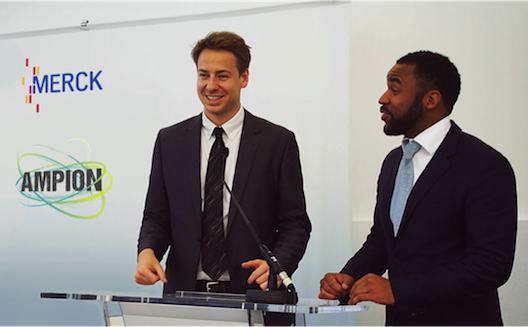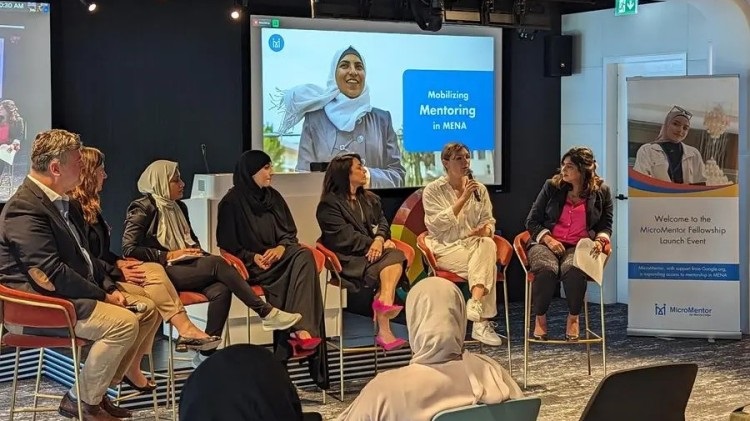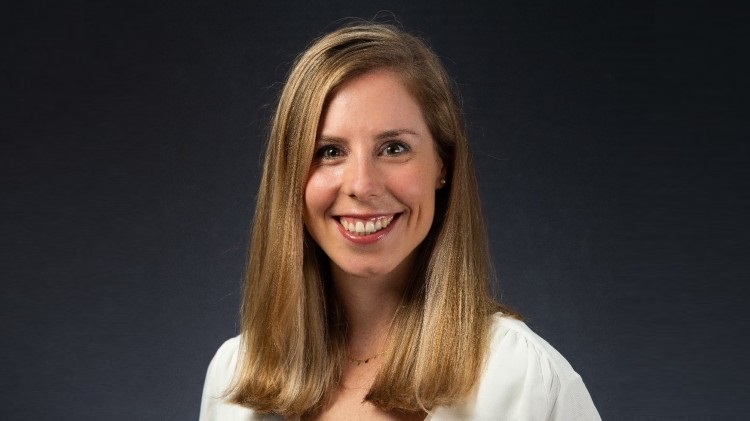If there’s one continent that presents amazing opportunities in the health sector, it’s Africa. As its population grows – it’s expected to reach the two billion milestone by 2050 – and gets denser, health and employment challenges will likely become more pressing.
But innovations in healthcare could provide solutions for both challenges at once. That’s the philosophy that motivates Ifeanyi Oteh, cofounder of Ampion, a new African healthcare accelerator.
“If Africa is not able to provide basic sustainability in respect to agriculture and healthcare to its people, there would be some negative ramifications in respect to peace in the continent,” he explains. “It’s not a question of why, it’s a question of must. There must be affordable healthcare and there must be jobs in order to sustain the growth of the population.”
He insists that entrepreneurs who venture into the healthcare sector must first and foremost be driven by the good they can potentially do.
“The profitability will show itself after the impact” he says. In a nutshell: it’s going to be a long run, and entrepreneurs need financial backing and mentoring to make it.
In early 2016, two years after launching its week-long ‘hackathons on wheels’ across Africa in its Venture Bus, Ampion will kick off its first pan-African accelerator and focus on digital health.
“The bus is an excellent initiative to inspire youth, now we needed to do something for the long term,” says Fabian-Carlos Guhl, Ampion’s cofounder.
This accelerator will support the most promising African startups in the sector in Nairobi, Kenya on a rolling basis, welcoming three startups for three months every trimester.
“We’d like to create a model that resemble what’s done in the Silicon Valley but adapted to Africa,” Guhl adds.
With the support of pharmaceuticals giant Merck, the program will cover their temporary installation expenses and invest in the startups. The ticket will be defined on a case-by-case basis but should range from $20,000 to $50,000 for a participation that will remain lower to 10 percent equity.
Corporate-backed accelerators, common in Europe and the US, are new in Africa. Still, Guhl says that Ampion’s initiative is a “win-win”.
“The launch of the first healthcare accelerator in Africa is designed to be a major boost to healthcare innovation on the continent,” says Merck’s project manager Alexander Hoffmann. “For us at Merck, the support of healthcare technology on the continent is important not just in terms of social impact but also as a long-term business investment.”
At the same time, startups can benefit from the expertise of Merck’s teams and grow a privileged relationship with a company that could become client, investor or acquirer. This is what happened with MobiDawa, a startup born in a Venture Bus expedition in 2014 and now backed by Merck.
Ampion’s program, which will be led by Guhl and Oteh, will focus on local and international mentorship and connections, and will end with a demo day. Companies who don’t feel ready will have the option to stay on for an additional three months.
Given the size of the African continent, the number of languages spoken and the lack of pan-African media and organizations, recruiting startups is a challenge. Ampion will use its Venture Bus program to discover and reach out to health startups.
In 2014, four healthcare technology startups emerged from Ampion Venture programs. They tackle issues such as infectious disease prevention, diabetes support and digital medical services.
This year, Ampion will organize five buses to cross 16 countries including Tunisia, and for the first time, Morocco. Ampion is not the only ehealth accelerator interested in Africa and the Middle East. Rockstart, one of the most interesting accelerators in Europe, is launching a digital health accelerator in October.





